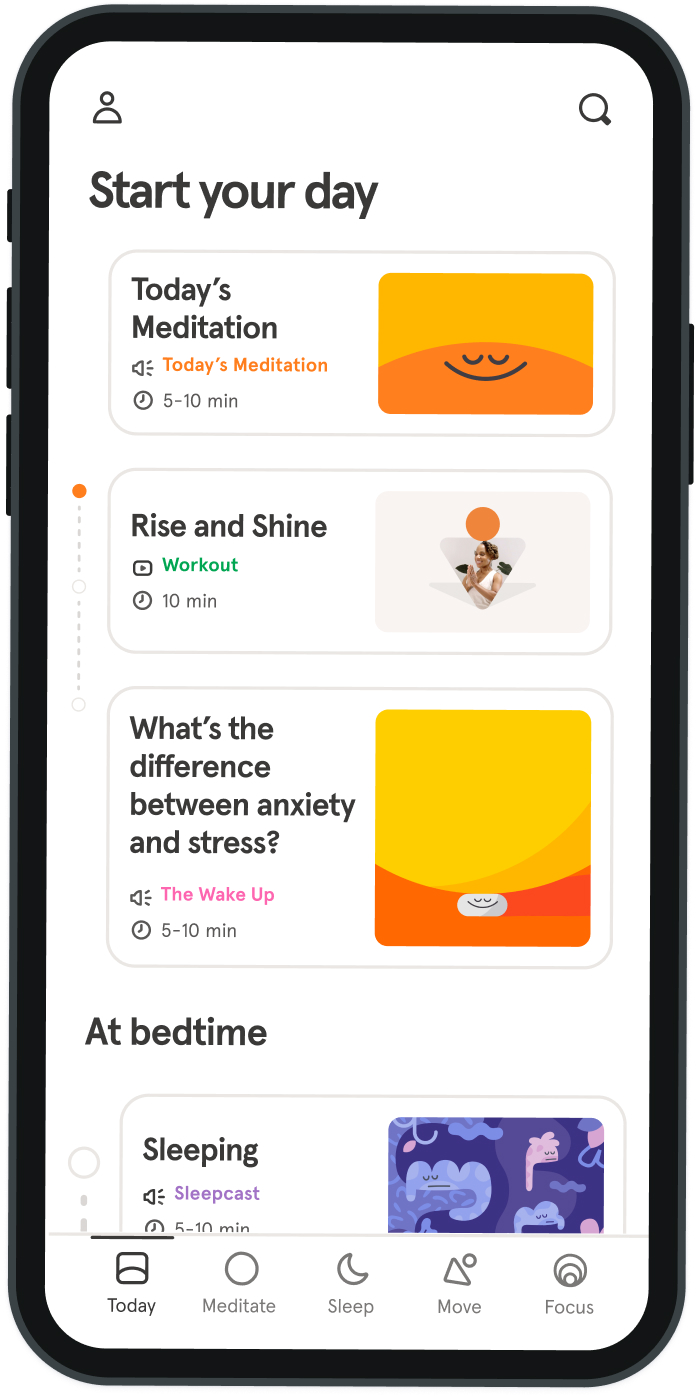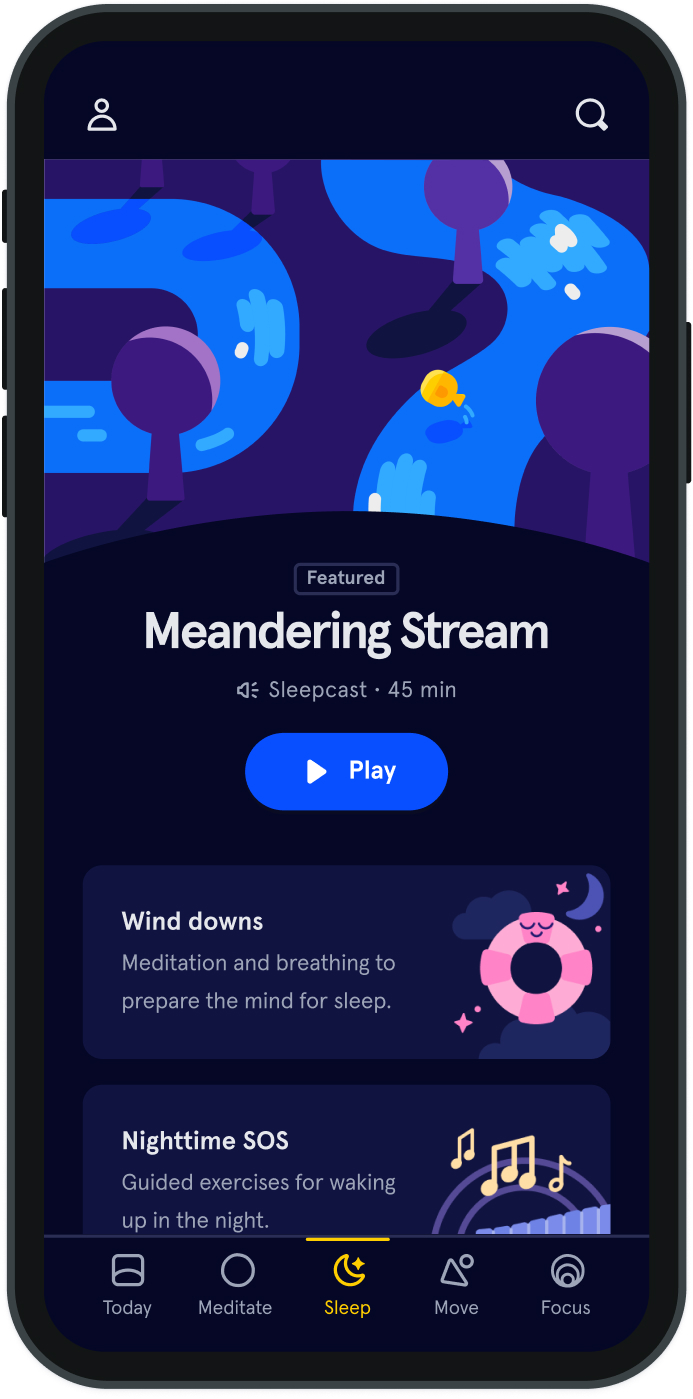To-do list: make more lists
Raise your hand if you’ve made or read a to-do list today. Now raise your other hand if you’ve completed something off said list. Take note that I am still typing.
That’s because I have a weird, symbiotic relationship with lists: I create them, they haunt me, then I avoid them by looking at other lists online—because we all know there are lists and then there are lists. The former is a culmination of everything you’re putting off (more on that later.) The latter is almost anything else that doesn’t relate to your personal responsibilities. From a trending BuzzFeed article to the Ten Commandments, lists are so ingrained in our lives and culture that it begs to be asked: what’s our deal with lists? In 2009, Italian philosopher Umberto Eco claimed lists were “the origin of culture,” meaning they’re directly linked to the rise of art and literature in human history. “Wherever you look in cultural history, you will find lists,” he said. “What does culture want? To make infinity comprehensible. It also wants to create order.” So it’s no surprise in the digital age of information overabundance, we look to lists to create a sense of order. It’s why I’d rather skim through an article titled “10 Ways to Revamp Your Relationship” over reading a whole book on the subject. And The New Yorker’s Maria Konnikova says that’s nothing to feel guilty about. She attributes our taste for Internet lists to the fact that our brains naturally crave “effortlessly acquired data.” “In the current media environment, a list is perfectly designed for our brain,” she writes. “We are drawn to it intuitively, we process it more efficiently, and we retain it with little effort.” Konnikova claims that internet lists have four factors that hit our “attentional sweet spot”: 1. The headlines are eye-catching 2. The subjects are niche and self-contained 3. The info is organized in a visually pleasant design 4. The headline promises up front exactly what and how much info you’ll get But when it comes to lists we create for ourselves, it’s a little more complicated. Throughout any given day I have my iPhone set to notify me of everything I need to do from now until death. As the notifications keep pinging and things aren’t getting crossed off as fast as I’d planned, I have to come to terms that I don’t have the time nor energy to tackle all the things my list runneth over with. So why do I even bother?
I spoke to David Allen, productivity consultant and author of "Getting Things Done", who compared making a list to building a version of your external brain. He says this is helpful because when your brain doesn’t have to remember and remind, it’s free to focus on other things. “Your mind is great at being present, recognizing patterns, and accessing your intuition to make choices off your options,” Allen says. “But it’s crappy at trying to remember what your options are and to relate them all to each other. So build your external brain and get it all out.” But there’s a limit: Allen says it’s crucial to be discerning and prioritize your list so you don’t overcommit yourself. Otherwise, your list just turns into a reminder that you’re overwhelmed. “A lot of people’s lists create more stress than they relieve simply because they haven’t finished the process of actually clarifying what they’re going to do about them,” he says. “You need to look at all those things as engagement opportunities and not as have-to’s.” So what’s our deal with lists? It’s simple: we love them because they’re perfectly designed to make life a whole lot easier to navigate. Lists are calming—minimal, but packed with purpose. From the online listicle that boils down a dense topic to its essentials, to the recipe that keeps your mind focused in the kitchen, lists help keep us on track. And in a world full of distractions and information overload, isn’t that just what our brains need?



Be kind to your mind
- Access the full library of 500+ meditations on everything from stress, to resilience, to compassion
- Put your mind to bed with sleep sounds, music, and wind-down exercises
- Make mindfulness a part of your daily routine with tension-releasing workouts, relaxing yoga, Focus music playlists, and more
Meditation and mindfulness for any mind, any mood, any goal

Stay in the loop
Be the first to get updates on our latest content, special offers, and new features.
By signing up, you’re agreeing to receive marketing emails from Headspace. You can unsubscribe at any time. For more details, check out our Privacy Policy.
- © 2025 Headspace Inc.
- Terms & conditions
- Privacy policy
- Consumer Health Data
- Your privacy choices
- CA Privacy Notice
